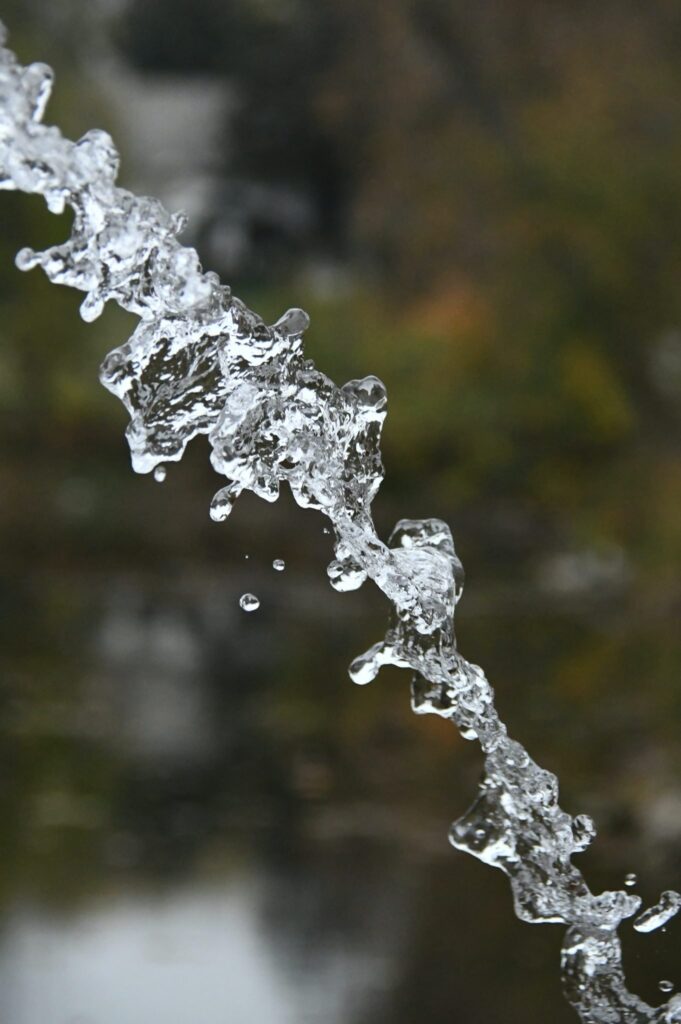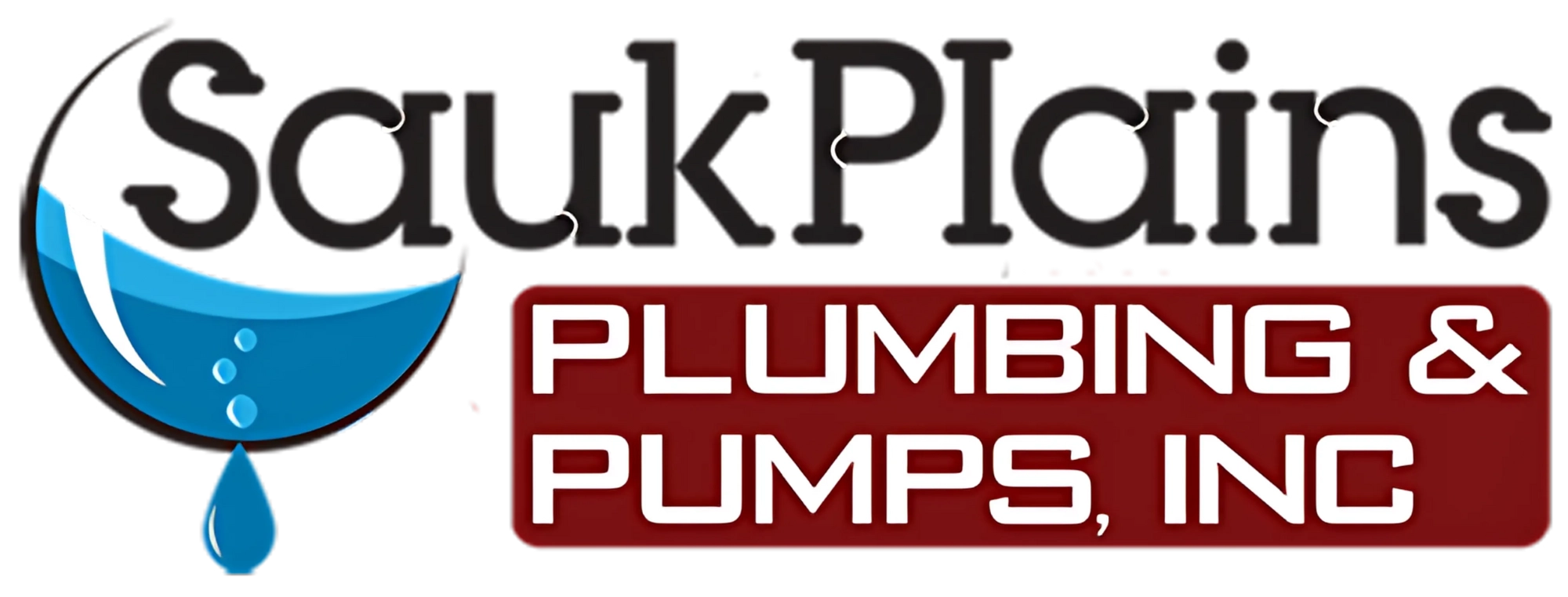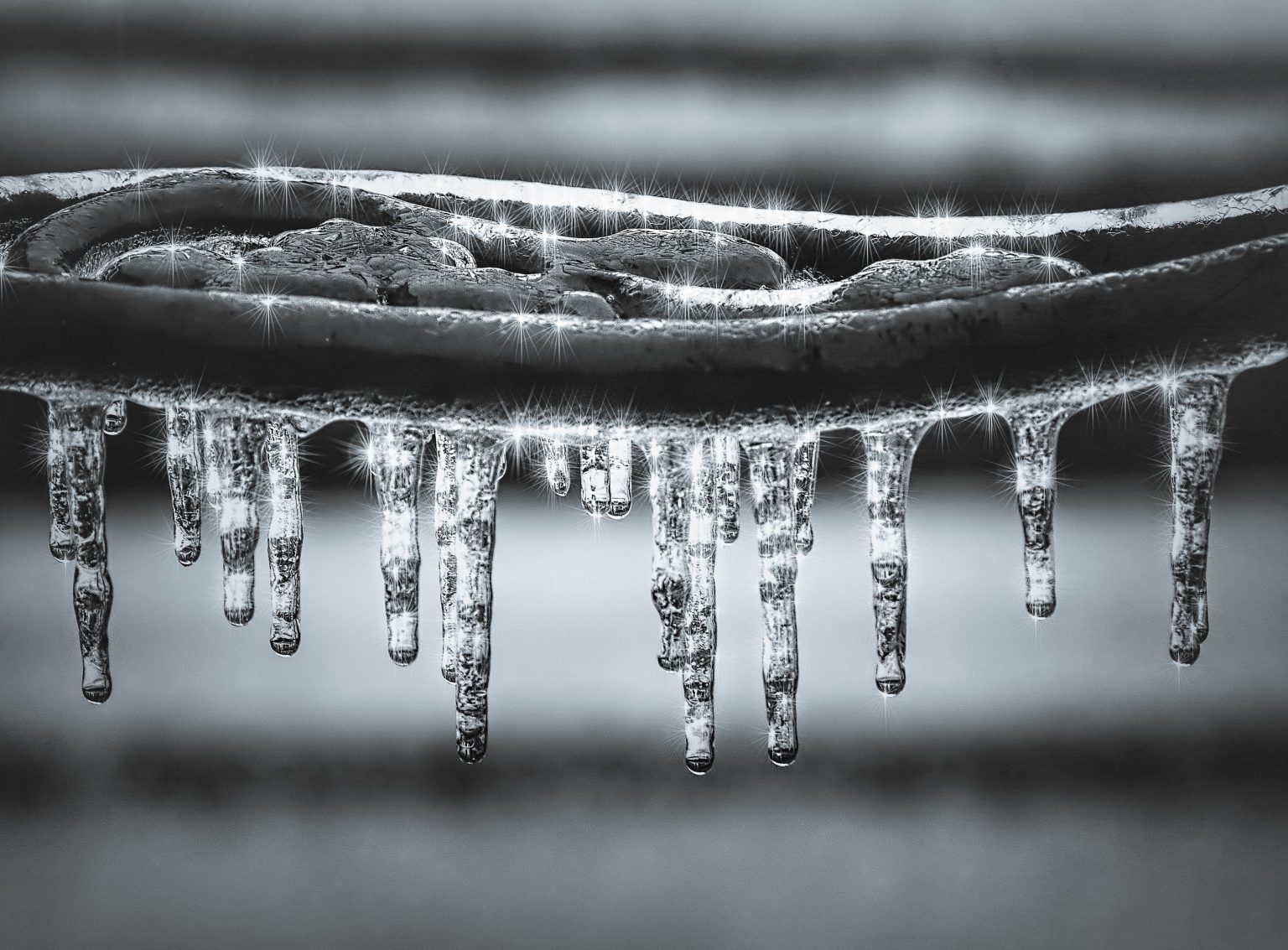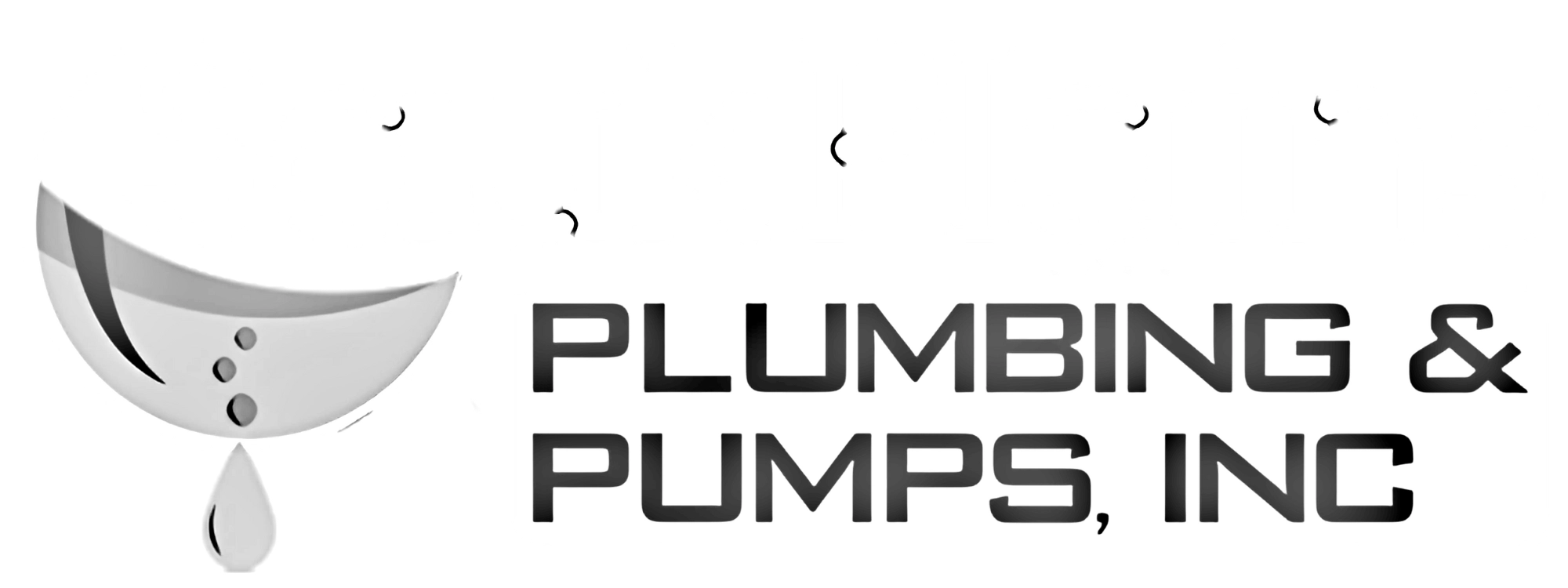Taking steps to winterize wells and water well pumps now can save you frustration and money when the really cold weather arrives. The extreme low temperatures that hit the Cross Plains WI area are still two or three months away – at least in a normal year. If you plan ahead and call upon a professional to protect your pump and plumbing systems, with a Middleton WI pump servicing expert now, you can avoid frozen pipes and pump issues. And, get timely service when local plumbing professionals aren’t overwhelmed with frantic calls.
Prevention is always more efficient and less costly than an emergency callout.
Taking Steps To Winterize Wells
There are three issues that immediately arise when planning to winterize wells with your winter protection plan:
- Pipes freezing – most installations in a residential plumbing system protect components from the elements. They’re either installed well below the frost line outside or protected by the building. The component designs include ways to distribute water from a well system where it rarely gets cold enough to freeze. Yet, pipes moving water from the well to the house eventually immerge from the ground. It’s in this transitional space where the threat of freezing is real. Insulation in adjacent walls, floors and ceilings usually protect exposed pipes in crawl spaces and similar areas.
- Above ground pumps fail – many well pumps housings are below ground where natural elements protect them from freezing. These seldom are a concern even in the coldest January day. However, a Fall inspection of the installation makes sense to be sure all seals are up to code. The best way to protect an above ground pump is by installing it inside your house or an insulated shelter – a well house that often looks like an over-size dog house. As an added precaution, consider wrapping pipes with foam insulation, installing electric heating tapes and up-grading insulation in nearby walls.
- Loss of power – heavy wet snow, high winter winds and ice often downs power lines. When the electricity goes out so does your link to household water. Losing power is one of the most serious threat to a water well system. To protect your home’s water delivery system when power is out you have two quick-response option: a portable generator or a permanent emergency backup generator. Portable generators run off gasoline or diesel fuel. A resource you have to have on hand all the time. Permanent backup units rely upon natural gas or propane.
Winterize Irrigation Systems Too
If you have invested in a landscape irrigation system you don’t want it permanently damaged by the rigors of sub-zero temperatures, right? Many below-ground irrigation systems use secondary, smaller pumps. These need attention before extended winter cold sets in, too. The pumps, pipes and sprinkler heads all need prewinter prep. Unless your system is very basic and runs between heads are short, a professional technician is your best bet for proper winterizing.
Before a professional inspection, take these steps on your own – especially when the temperatures begin falling in October and November:
- Turn off the water feeding the system at its source – the main access valve
- Disengage all the timers making sure the system is completely “off”
- Open every valve in the system, releasing built-up pressure
- Access every component you can and make sure each has drained completely
A professional will double-check these steps and provide additional services, including:
- Blowing out all the water lines with compressed air, removing as much residue moisture as possible
- Cycling the system’s zones one at a time making sure every line is as empty as possible
- Lubricating all sprinkler heads that raise and lower automatically with materials that won’t freeze and cause cracking
Well Water Not At Risk – Components Are
Your personal water well is not in danger of freezing, it’s deep in the ground below the frost line. Individual components of the well water system are at risk. Exposed pipes, pumps, connections and plumbing components are prime targets if you do not winterize wells.

Preventive maintenance goes a long way toward protecting the entire system – and your household’s water supply. A basic prewinter maintenance checkup begins with a visual inspection of the well cap and casing. Making sure it’s clean and in good shape. Start by removing any dirt, debris and potential contaminants from around exposed surfaces. Clean it up. Make sure nothing that can corrode the installation are anywhere near it – that includes motor oil, fuels, pesticides and fertilizers. Rural homeowners have a tendency to ask a pump house to do double-duty as a storage shed – a bad idea.
Have you noticed any changes in household water as the seasons change? Changes in color, taste or smell? These are obvious signs of more serious concerns and reasons to call in a professional immediately. We’re at the end of another major growing season in southern Wisconsin where pesticides and fertilizers were used to boost yields and get results. Unfortunately, these and other agricultural byproducts have been known to leach their way into residential wells. It’s not likely thanks to modern technology, but your family drinking water is too precious to take for granted, right?
Pros You Can Trust To Winterize Wells
The first steps in winterizing your well water system might be a do-it-yourself project. But a total system prep requires professional skills, experience and tools. A system that serves the house and an in-ground irrigation system is complex and deserves professional attention. You don’t want put your home’s water source at risk, right? That’s why bringing in our licensed plumbing professionals to make sure your home’s water supply is there when you turn on the tap is a wise investment. Call Sauk Plains Plumbing at 608-798-2121 before the extreme cold hits. Our staff of well-trained, experienced, licensed and bonded professionals is ready to inspect, repair and winterize wells anywhere in Cross Plains WI, Verona, Waunakee or the Middleton WI area.



